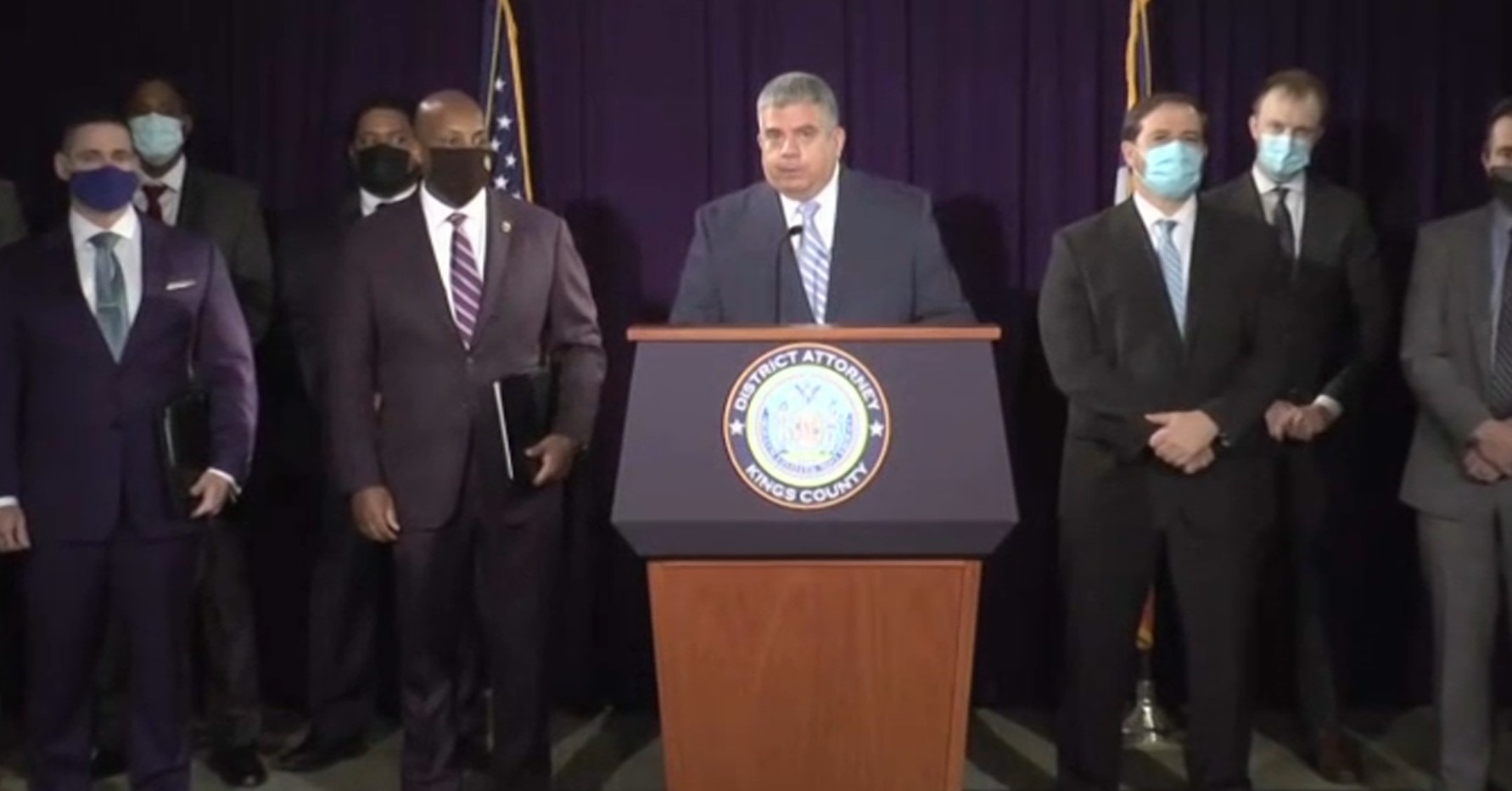The district attorney of Queens announced Tuesday that she is requesting the dismissal of nearly 700 cases involving prostitution-related offenses, and New York City Mayor Bill de Blasio said he would push for statewide decriminalization of sex work.
Queens District Attorney Melinda Katz, a Democrat, said she is requesting the dismissal of hundreds of cases against people who were charged with prostitution, loitering for the purpose of engaging in prostitution, and similar offenses.
“Instead of prosecuting these defendants, we need to provide a helping hand by connecting them with meaningful services, support options and the necessary tools that will assist them to safely exit the sex trade if that is what they choose to do,” Katz said in a news release.
The move to drop hundreds of prosecutions follows the Legislature’s action last month to repeal the law against loitering for the purpose of engaging in prostitution, something opponents called the “walking while trans” ban.
“Historical data shows that enforcement of this statute had primarily been used to arrest people based on their gender or appearance,” Katz said. “Dismissing cases related to this unfair and now repealed statute frees members of our community from the collateral consequences of their arrests.”
Get Tri-state area news delivered to your inbox. Sign up for NBC New York's News Headlines newsletter.
Bronx District Attorney Darcel Clark announced last week that a judge had granted her office’s motion to dismiss more than 800 cases that involved the anti-loitering law.
De Blasio, also a Democrat, said sex traffickers should be prosecuted, but not sex workers, who “are often folks who are subjugated, who are victims of trafficking.”
The mayor said at a virtual briefing that he is calling on the state “to change the laws, to end criminal penalties for sex workers, to put the focus where it should be, on the traffickers and those who profit.”
A bill to legalize the buying and selling of sex was introduced in the state Legislature in 2019, but it did not come up for a floor vote in either the state Senate or the Assembly.



